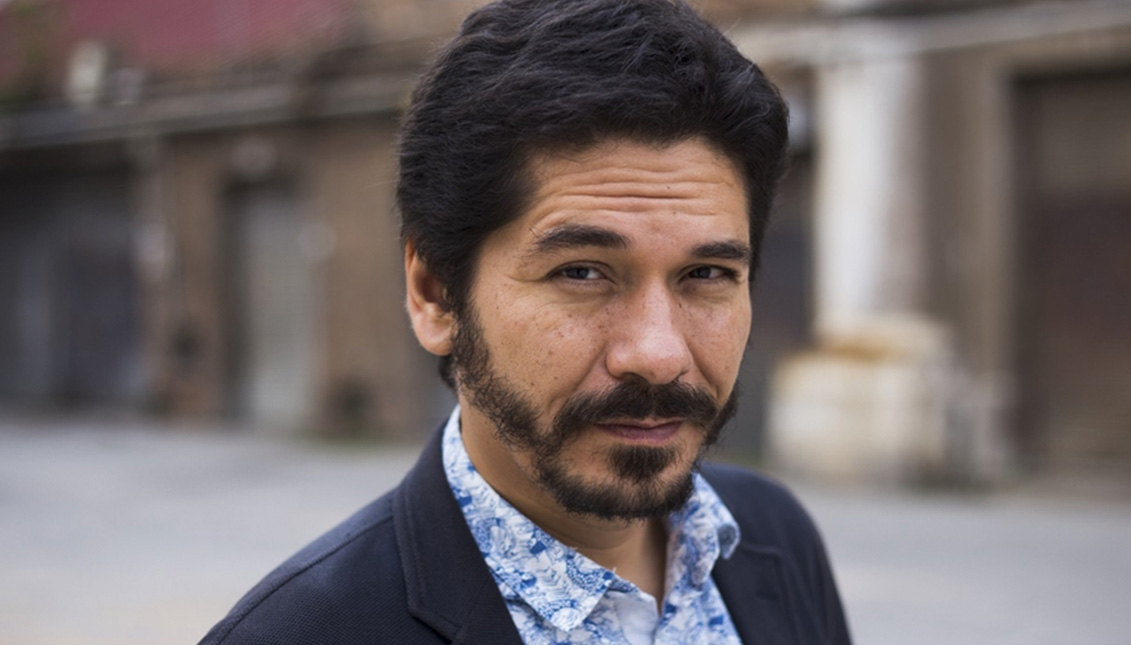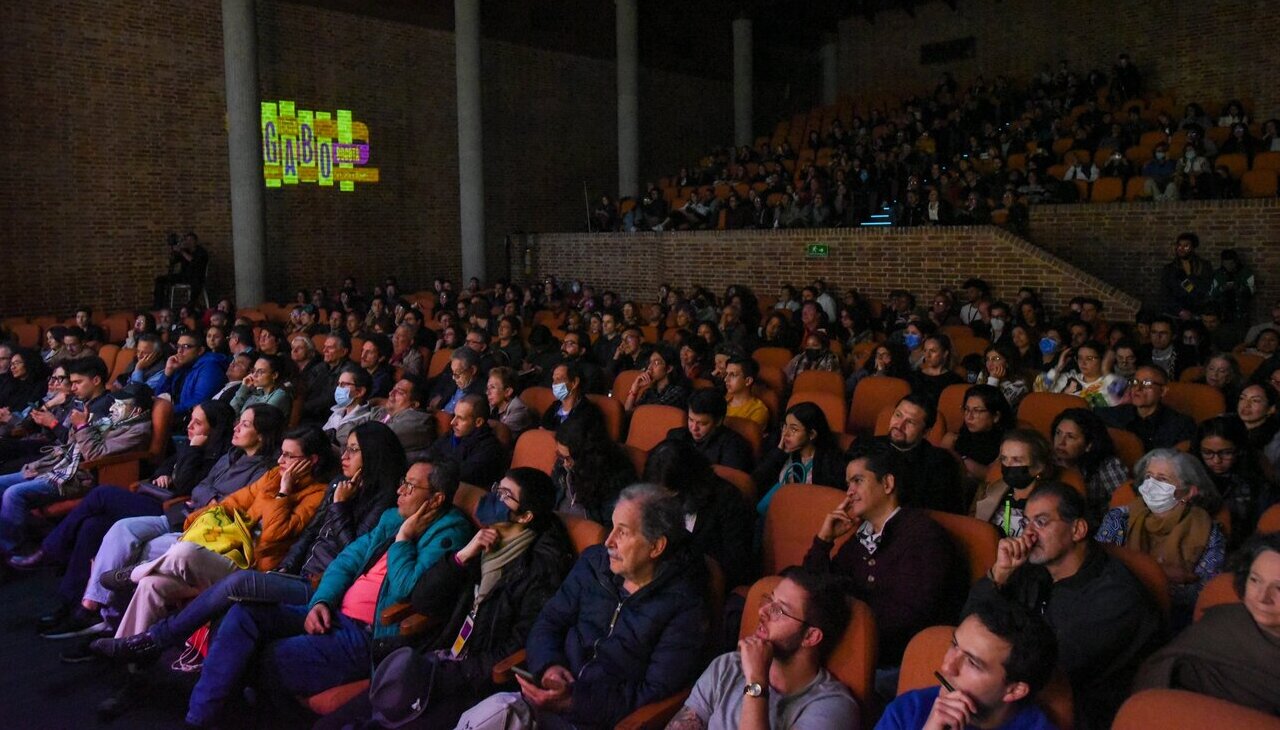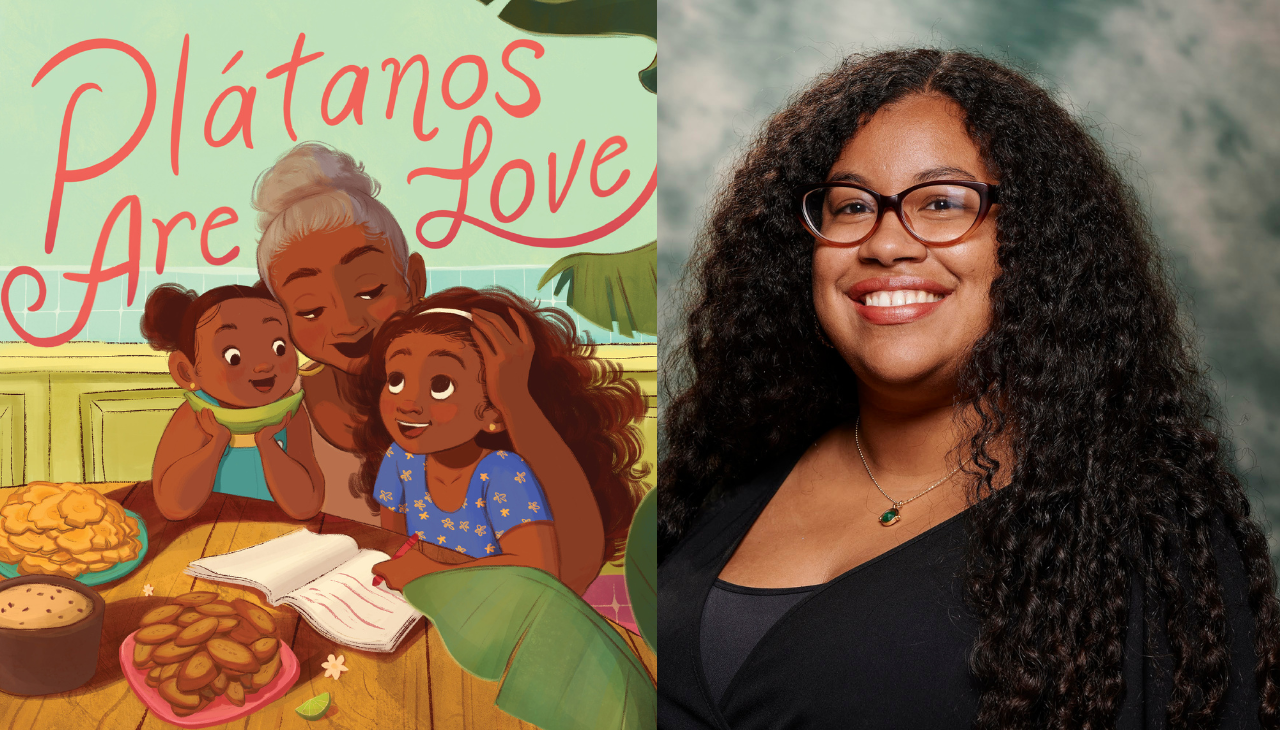
Juan Pablo Villalobos: "Cities belong to those who invade them"
The Mexican Juan Pablo Villalobos explores in “La invasión del pueblo del espíritu” how identity discourses are the opposite of living in a community. Are we…
To migrate is to travel in time. We move from one continent to another and suddenly we become the future of those we leave behind; six, eight, fifteen hours apart. With our eyes and heart set on that past that led to our present is a pure construct, like the idea of identity. Nostalgia, says the writer Juan Pablo Villalobos, is the worst thing for an expatriate because it prevents him from living in reality; a longing not only for the land but for an idealized time that feeds the discourses of hate often instrumentalized by the far-right. The desire to define oneself on the basis of what separates us from the other - we were better, purer, more innocent - is the opposite of living in a community.
"I don't need to be anything," he says. We're sitting in a Barcelona café seven hours from his native Mexico, living in the future of those who stayed there. Villalobos has been living in Barcelona, Spain, for 16 years; he arrived in 2003 and since then his character and also his writing has been changing along with this city. In a context of identity and hatred, "tourismphobia" and xenophobia are the response to the gentrification of the neighborhoods.
In his latest novel "The Invasion of the Spirit People" (Anagrama, 2020) the language has mutated, it has become cross-border: He writes about "colonizing languages," "aborigines," "conosuereños," "lejanorientales" and peninsular people to hack into our ugly vice of cataloging absolutely everything, including us - of extraterrestrials, even. Through the story of Gaston, his dog "Gato" which is dying, his friend Max, and Max's son, Pol, who returns from the Tundra, frozen and worried because of human obsession with colonizing other planets - "we are all aliens," he says - and of Yu, of the racial hatred of rabies, of violence, of those who flee from a place because they do not feel part of it, and those who leave because they have no choice. And also of a neighborhood: your own. Everything that happens in “La invasión del pueblo del espíritu” may be happening on your doorstep.
Are we alone? That's the question Villalobos tries to respond.
I have been asking myself this question about what I am as an expatriate for ten years when I wrote "I Won't Expect Anyone to Believe Me"; then I wanted to be everything - Argentinean, Peruvian, Catalan - I understood identity as something omnivorous and that is why I wrote it using several dialectal registers. But now my answer is different, almost Buddhist: I can be nothing. I don't need to be anything.
I think that nostalgia is a pernicious attack and it happens a lot to us, expatriates: a longing for the homeland, for childhood and adolescence - which is the period of the first times - and it can be very harmful, because you are not in the present, in reality.
The painter Gabriel Orozco says in his notebooks that one should make art from everyday life; when you make art from what you have far away it becomes exotic. You have to think of this not only in geographical terms, but also in terms of time; exoticizing the past is what ultra-right-wing discourses do.
I wanted readers to feel that what is happening to them is happening everywhere; the characters, like everyone else, are living in a context that condemns them to confront each other. The reaction to gentrification is xenophobia - why are these Chineses buying so many places? These are paradoxes that show we are living in extreme capitalism that has abandoned us. That is why the question in the novel of considering life on other planets, which is at the same time considering life on Earth. Are we alone? Whether or not we live in community. Because the values of a community are not those of identity; the constructions of identity are exclusive and those who remain outside suffer the symbolic and real violence of those who set themselves up as defenders of the ownership of geographical space.
That's right. Cities belong to those who invade them, not to those who were born there, as Bob Pop said. That's why I play the humorous game of talking about the colony and the colonizing language because Spanish has been an instrument of violence and, as a Mexican, I am the result of that, of a process of colonization. History is what it is...
RELATED CONTENT
Every novel has to propose its own language. After ten years of living outside of Mexico, it seemed to me that it was impossible to continue writing as a Mexican because languages change, your character is contaminated by the place where you live; in my case, the Spanish of Barcelona, not even that of Spain. There is no literature possible, I see that, if you are not betraying the common language.
At the same time what has changed in me, and this is important, is my way of understanding humor. Because the most common form of humor works through humiliation and cynicism, and I wanted to provoke smiles without resorting to hierarchies, as I had done before by opposing worlds - that of crime and art, making jokes about the characters, for example -; what I wanted to prove was whether it was feasible to laugh but not at the other person, without giving up empathy and tenderness.
Cynicism and irony, on the contrary, impose distance. When you are cynical, nothing moves you and I don't want to contribute to an atmosphere in which humor feeds the rhetoric of hate.
That's what worries me the most. There's one idea that I've never stopped thinking about: Being a good person is a privilege; when you're trapped, you get defensive, attacking others. In Mexico, for instance, we have lost public space, and without that there is nothing. All the violence against women and the degradation that the country is experiencing has to do with this loss. If you can't leave a girl in the street for twenty minutes without anything happening, that's the law of the jungle. It is the ferocious neoliberalism that we are experiencing in Latin America, where you only go out on the streets to spend money at the mall or the club - if you can afford it - because parks are dangerous, and the message is that only the strongest survive.
I am very disturbed by the incivility on the street, that's where everything begins.
You can, I will always defend that. What you can't expect is to get away with it.
The problem with Jeanine Cummins' work is she didn't take responsibility for it. And more than that, the problem was all the extraliterary, the marketing of her novel and the construction of discourse in networks to try to legitimize it when it's obvious that you can't. Perhaps she would have gone unnoticed without that marketing operation.
Nobody censors anybody, the only thing they are saying is that they don't like your book, and those are the rules of the game. When I wrote the non-fiction book "Los Niños Migrantes" ("Migrant Children") I was very shy about promotion, because I hate the instrumentalization of certain discourses, I find it very obscene that a misfortune is used to promote one's own works, which often happens in networks, using the murder of a girl or the precariousness of a community to post: "I already told you about it in my book, it's on its third edition." If a ton of shit falls on you, you've done something. We have to be responsible.











LEAVE A COMMENT:
Join the discussion! Leave a comment.